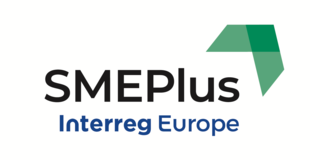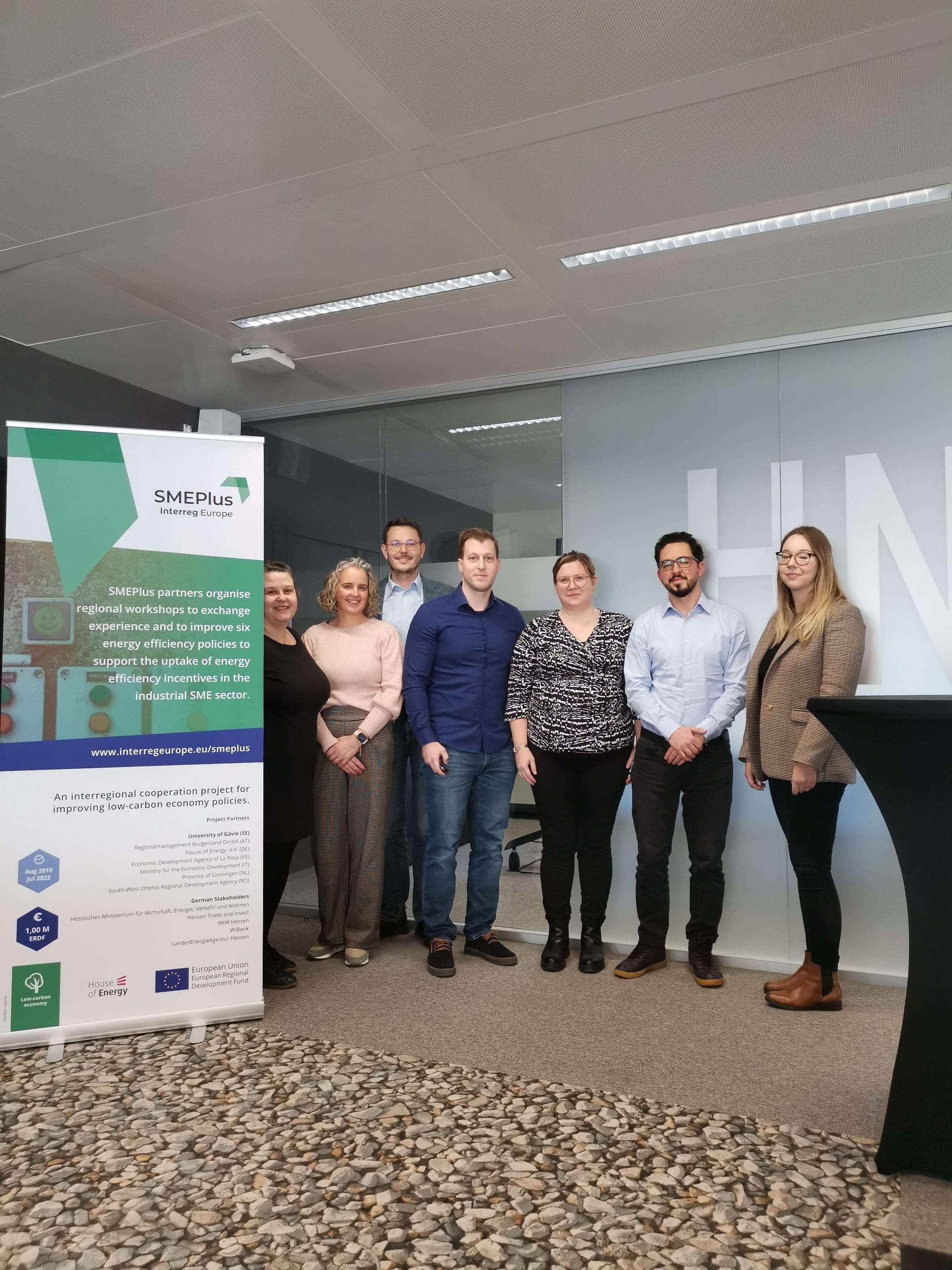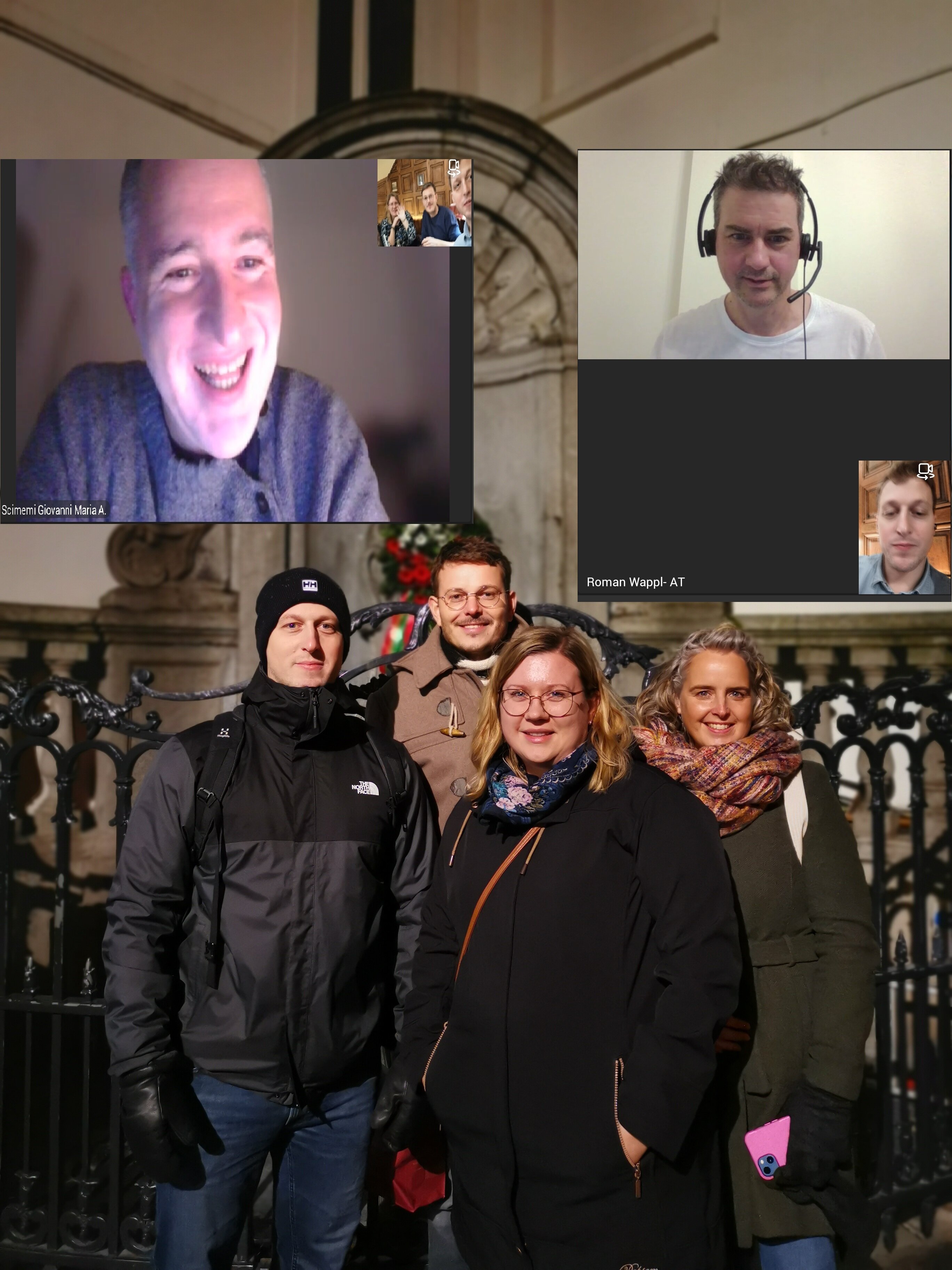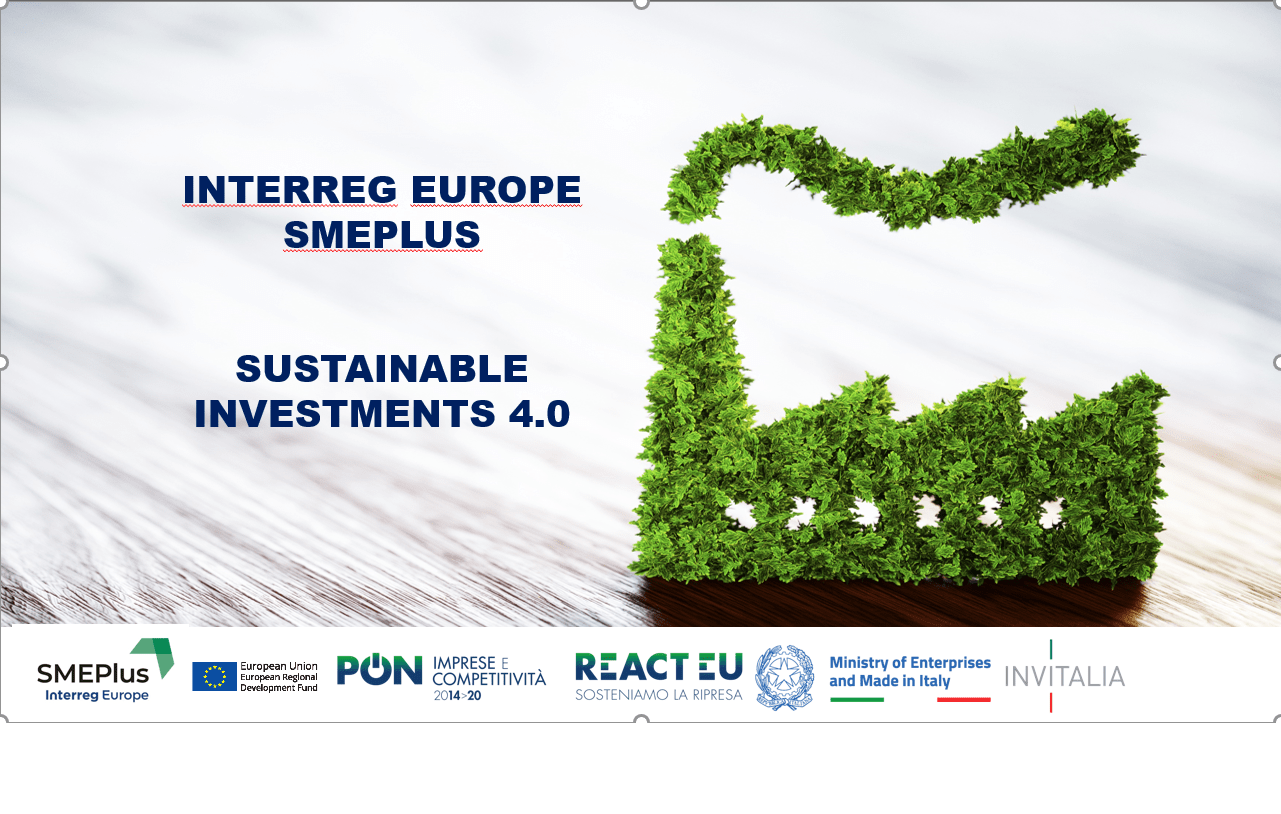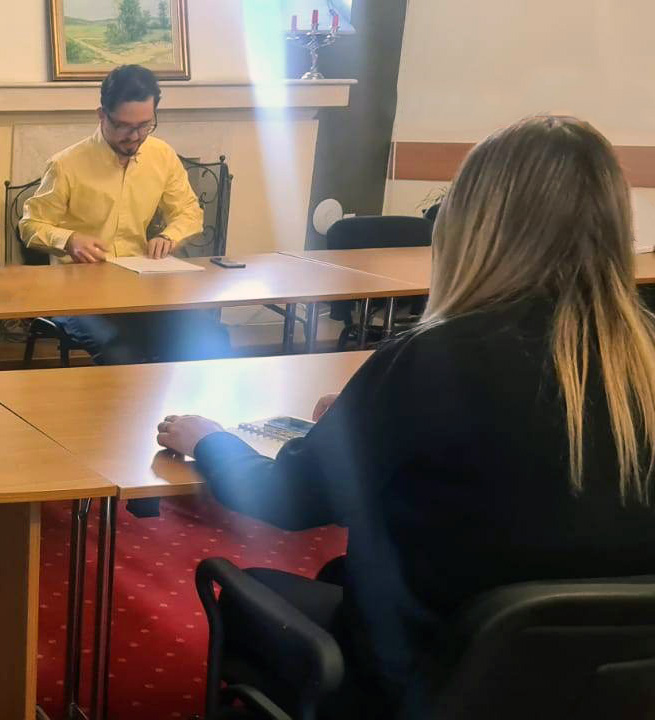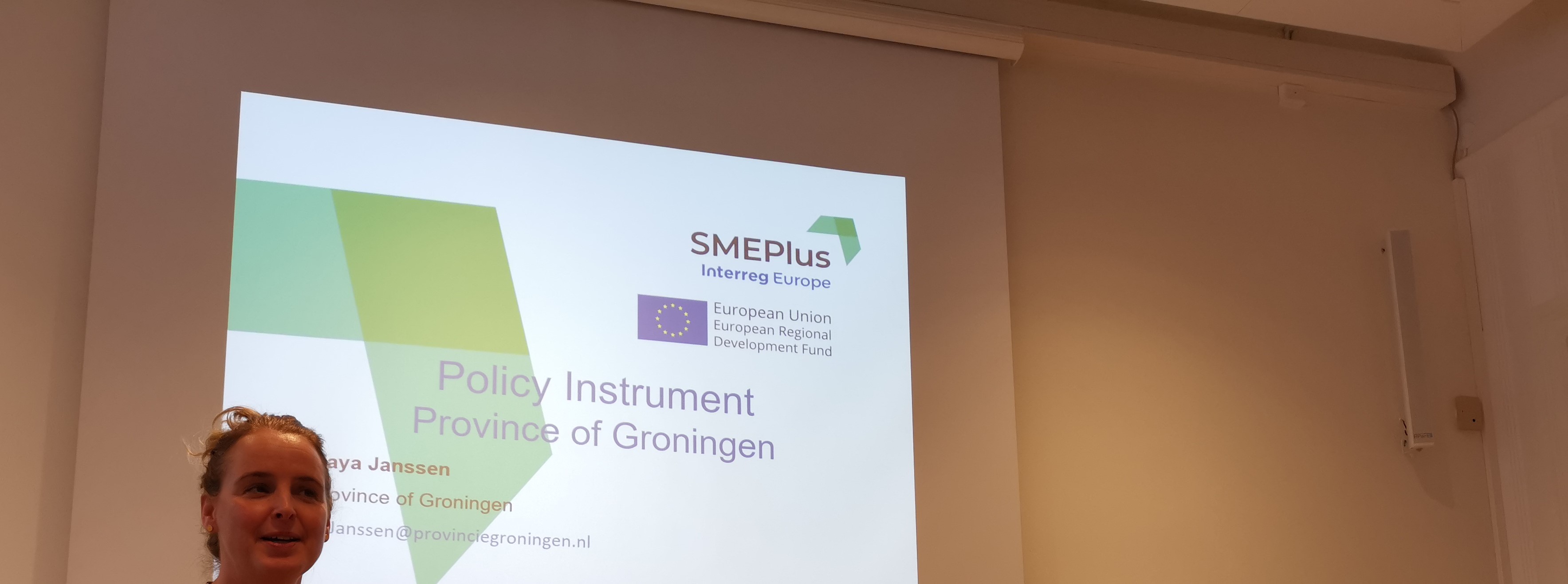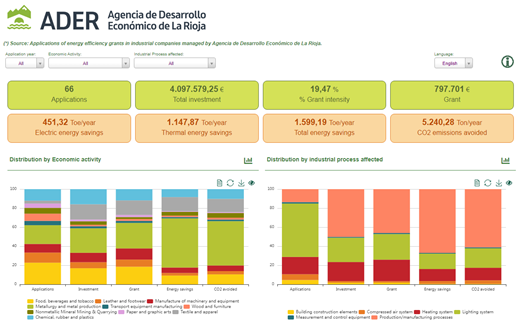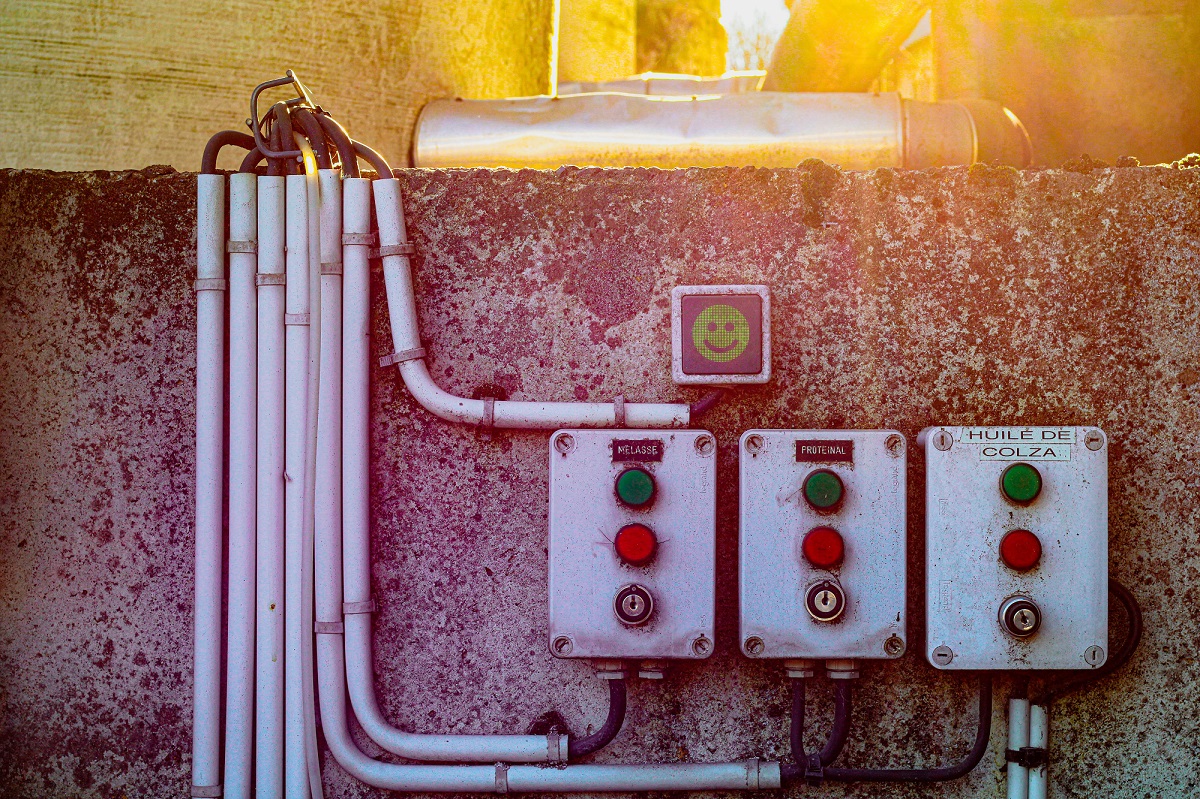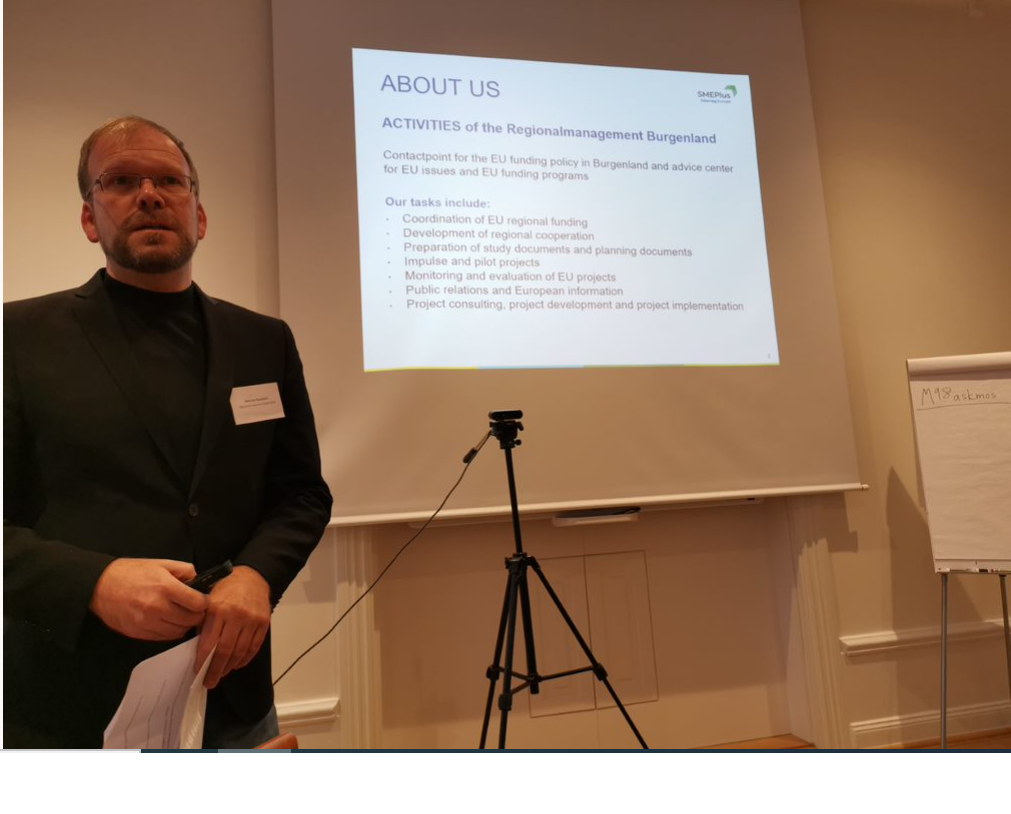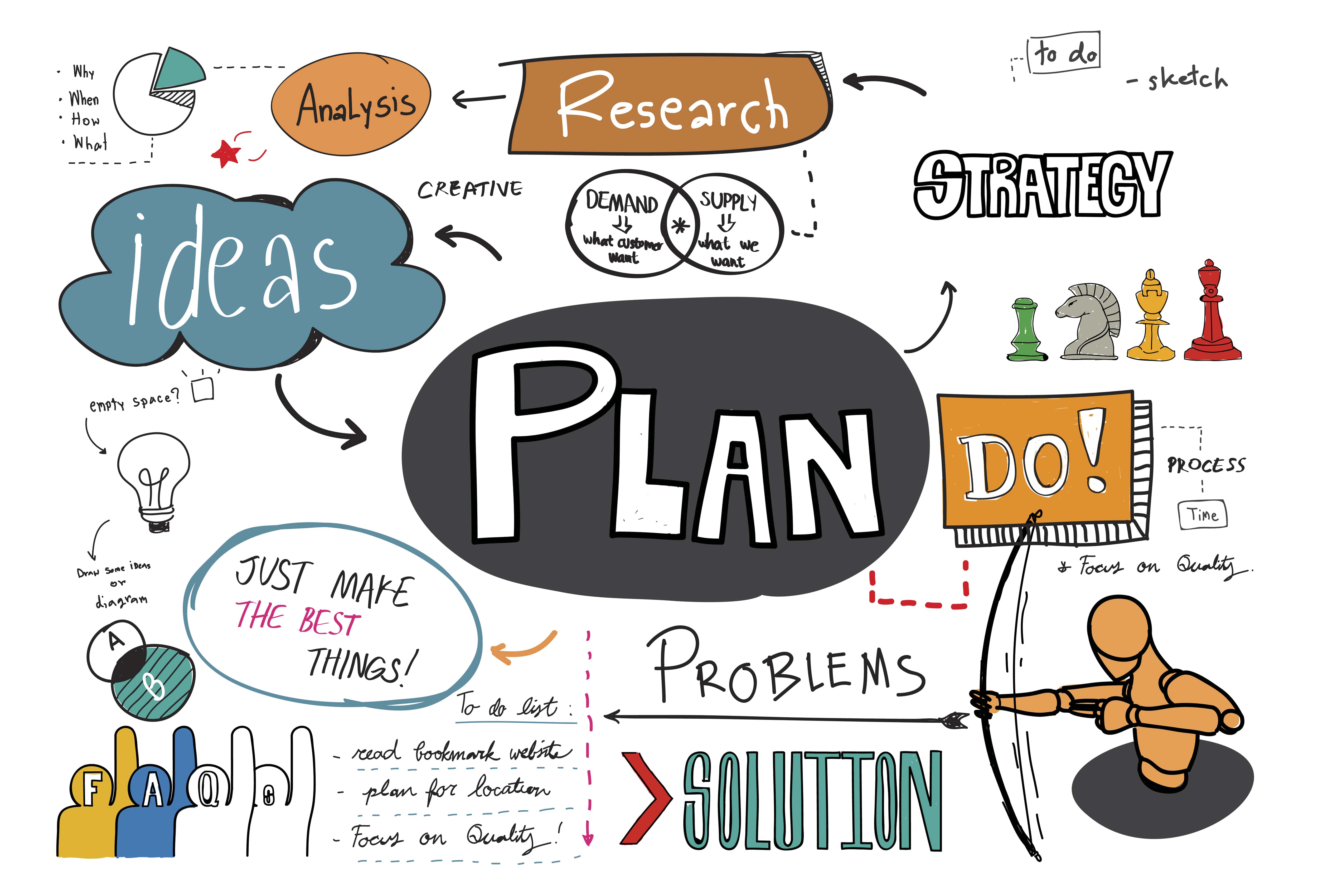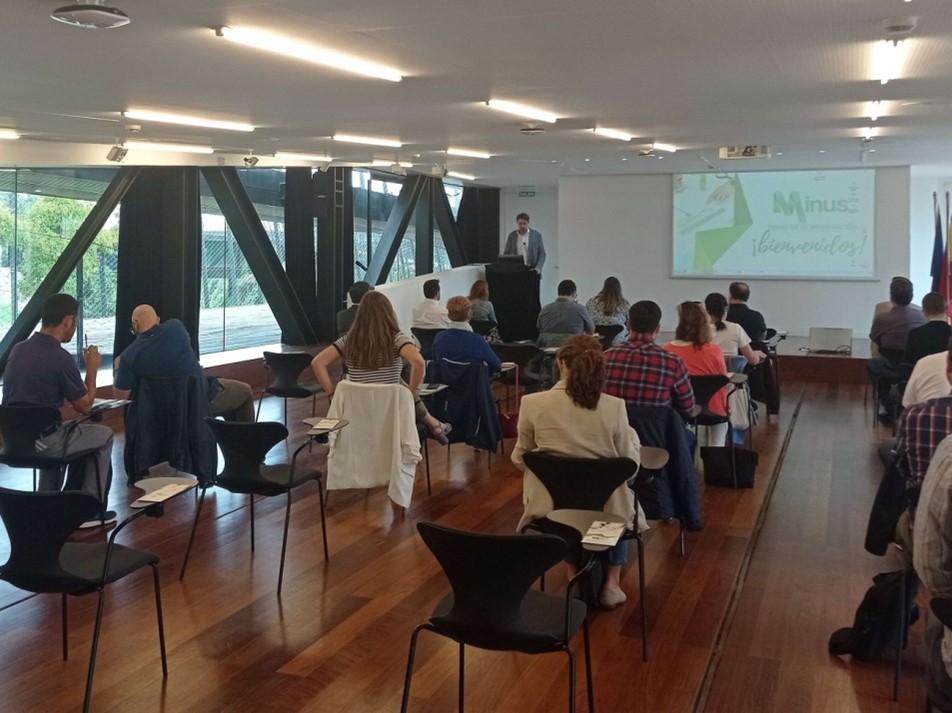| Sasa Petric is a project manager at the RKW Hessen, a consultancy that provides SMEs with advisory services. Aim of the guided consultancy is to enable, in particular SMEs, to manage current and future challenges and to improve their competitiveness. Sasa Petric coordinates the Hessian initiative for energy consulting in small & medium-sized businesses. He is encouraging companies to make use of the existing consultancy offers and shows tangible options for activities. |
Sasa Petric, RKW Hessen |
The House of Energy and the RKW Hessen have been working together and learning from each other. Christian Engers, House of Energy, interviewed Sasa Petric and asked some questions about the energy efficiency in industrial SMEs.
Christian Engers, House of Energy: Why is energy saving important for industrial SMEs?
Sasa Petric, RKW Hessen: Many SMEs struggle with rising energy and material costs. Saving resources such as energy, water, raw-materials or auxiliary materials not only leads to financial savings but also to environmental protection. Thus, a more sustainable production will reduce CO2 emissions and will secure the future of the company. Jobs can be preserved and the whole region will benefit from the efforts the industrial SME has taken.
Christian: Does energy efficiency have an impact on the public image of an industrial SME?
Sasa: One aspect which becomes more and more important is the public interest in topics such as sustainability and climate change. Accordingly, SMEs have to develop strategies on how to handle these topics. But not only customers and clients put pressure on the SMEs. The job market also becomes more important. An industrial SME can emphasise its ecological awareness by investing into energy efficiency measures and thus attract qualified employees.
Christian: Which existing energy policies towards SMEs in your region are, in your opinion, the most efficient?
Sasa: A very efficient energy policy in my region (Hesse) is, in my opinion, the PIUS programme. PIUS stands for production-integrated environmental protection (“Produktionsintegrierter Umweltschutz”). This support system comprises of two parts. The first part is the advisory scheme PIUS-Beratung. This advisory service funds external expertise for SMEs. Advisors point out how to optimise production processes and identify potential savings in order to improve energy and resource efficiency. The second part is the funding scheme PIUS-Invest. Here, innovative investment projects which improve the resource efficiency of SMEs and save CO2, are subsidised. The two parts are interlinked, but they also can be applied separately. They are intended to help SMEs save energy, water or raw-materials and consequently lead to financial savings and environmental protection.
More info about the PIUS programme is available online at www.technologieland-hessen.de/hessen-pius.
